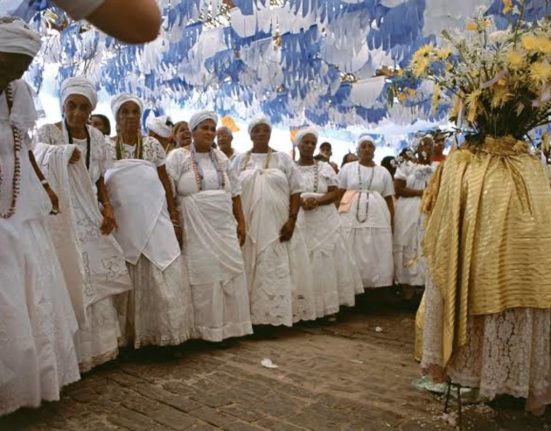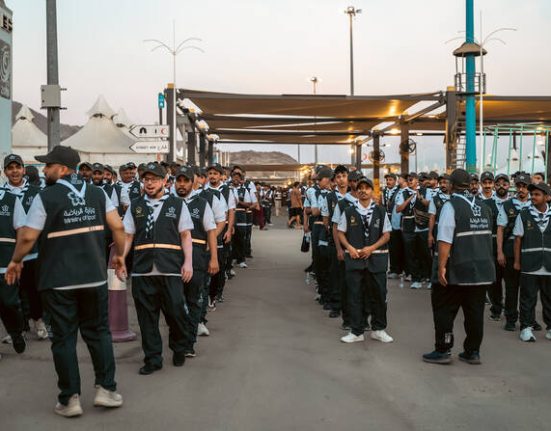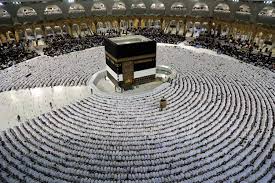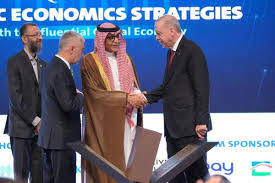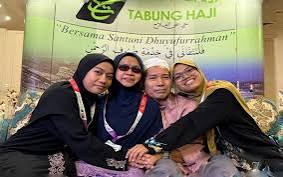In a moment that has left the global Catholic community and the international political stage in mourning, Pope Francis, the revered head of the Roman Catholic Church and the first pontiff from Latin America, has died at the age of 88. The announcement came early Monday morning, following a prolonged period of ill health which recently saw him hospitalized for double pneumonia.
The solemn news was delivered by Cardinal Kevin Farrell via the Vatican’s official television network, confirming that Pope Francis passed away peacefully at 7:35 a.m. local time. “At 7:35 this morning, the Bishop of Rome, Francis, returned to the house of the Father,” Cardinal Farrell said in a deeply emotional statement.
His Holiness’ death comes merely hours after delivering what now appears to be his final public address — an impassioned plea for peace delivered during Easter Sunday Mass in St. Peter’s Square. In that address, he strongly denounced the ongoing violence in Gaza, describing the situation as “very grave and shameful,” and called for an immediate ceasefire. His words echoed the sentiments he had expressed earlier this year, in January, when he began vocally opposing Israel’s military actions in Gaza, citing deep concern for the humanitarian consequences.
Pope Francis, born Jorge Mario Bergoglio in Buenos Aires, Argentina, on December 17, 1936, was the son of Italian immigrants. He was ordained as a Jesuit priest in 1969 after theological studies in Argentina and Germany. His elevation to the papacy came on March 13, 2013, marking a significant turning point for the Catholic Church as he became the first Jesuit and the first non-European pope in over a millennium.
During his tenure, Pope Francis was widely acknowledged for his efforts to reform the Vatican’s often-criticized bureaucracy and for tackling internal corruption. A staunch advocate for the poor and marginalized, he positioned the Church as a louder voice for social justice. Yet, his progressive stance on several issues sparked tension within conservative factions of the Church, particularly over matters such as LGBTQ+ inclusion, interfaith dialogue, and environmental stewardship.
Notably, just a day before his passing, Pope Francis received U.S. Vice President Vance in a closed-door meeting at the Vatican on April 20. That visit, one of his last official engagements, is now being reviewed for its significance in light of his health and final messages.
Despite his declining health, Francis remained active in his papal duties, maintaining a public schedule that amazed both the faithful and the press. His Easter message, delivered with visible effort, reflected his enduring commitment to peace, justice, and the spiritual wellbeing of the global community.
Reactions have been pouring in from around the world, including from leaders in Nigeria and across Africa, where the late Pope was especially revered for his humility and his outreach to the continent’s growing Catholic population.
Pope Francis leaves behind a complex legacy — one of transformation, resilience, and courageous leadership. As preparations begin for his funeral and the process of choosing his successor commences, the world mourns the loss of a spiritual icon whose voice carried weight far beyond the walls of the Vatican.


